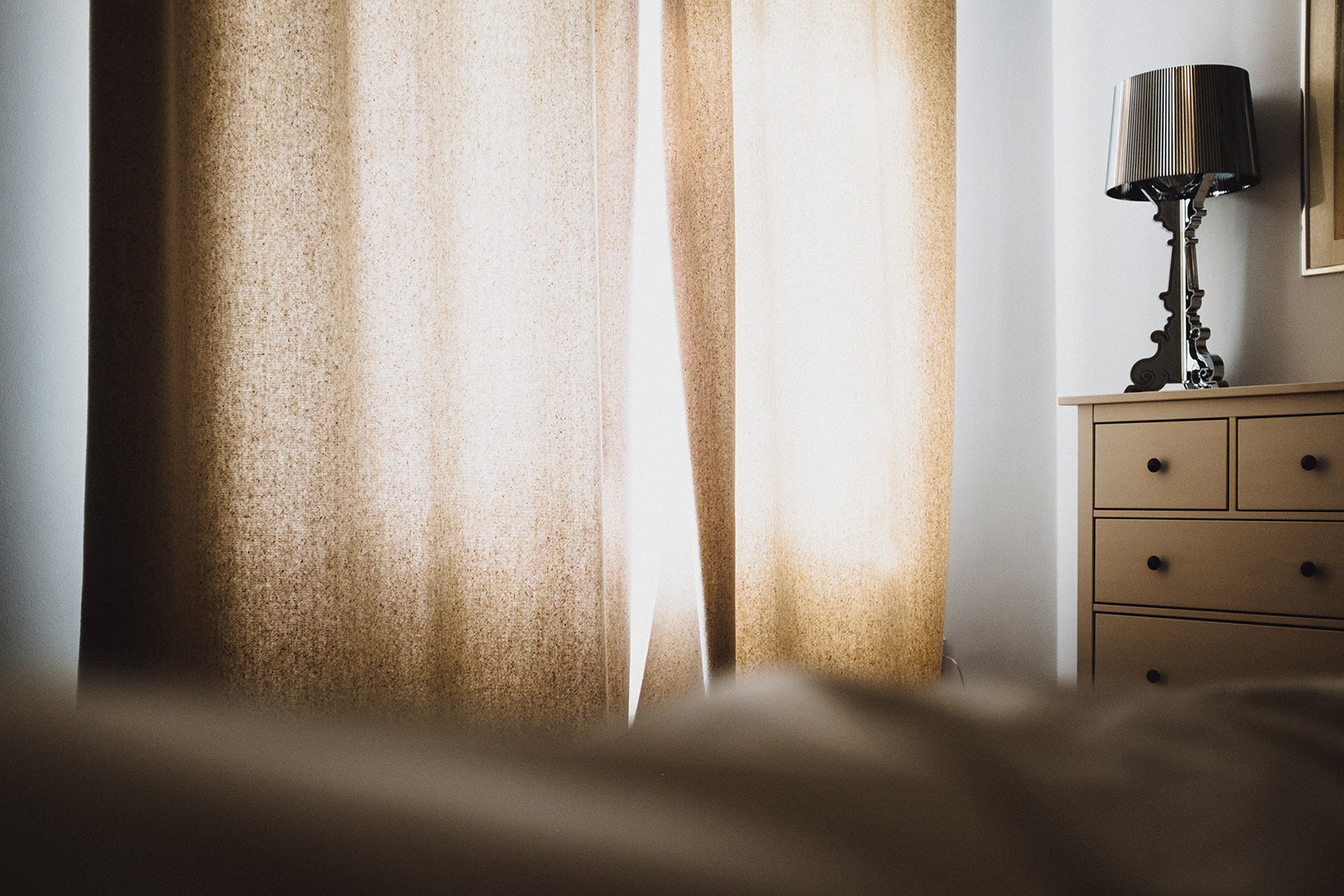Free shipping within Canada for orders $100 and up!
Free shipping within Canada for orders $100 and up!
Add description, images, menus and links to your mega menu
A column with no settings can be used as a spacer
Link to your collections, sales and even external links
Add up to five columns
Add description, images, menus and links to your mega menu
A column with no settings can be used as a spacer
Link to your collections, sales and even external links
Add up to five columns

Feel Rest Assured, Part One
September 20, 2019 2 min read
Everybody has experienced some form of daytime drowsiness, an irritable attitude, or fragmented concentration. As technology has allowed us to tackle more tasks and activities, the amount of time and energy spent hasn't changed drastically in our favour. We find ourselves opting to cut into our sleep time to compensate for our busy lives. Thus a result of daytime drowsiness, irritable attitude, or fragmented concentration. An article by The Guardian in 2018 reports that this behaviour of always being 'on' and the joint efforts of deprived sleep among many individuals leads to concerning long-term effects, and has elevated into a global discussion.
We can agree that these issues emerge because we (sometimes unknowingly) choose to put ourselves in this situation, and only we can ultimately decide how to improve our habits for better quality sleep. Rest assured, this two-part blog series will encapsulate our regime to ensure an improved sleep quality for optimal health.
Reduce Blue-Light Exposure

From phones to television, and almost everything in-between with screens, emits a blue light wavelength. Naturally found in sunlight, it's an intense form of light that is known to wake us up or keep us awake by delaying the bodies natural release of melatonin which encourages the body to feel sleepy. Ever notice after being bug-eyed at a digital screen and heading straight to bed doesn't always turn into an instant snooze? If it does, that could be your bodies sign that you're lacking sleep. Consider when you want to sleep and give yourself at least an hour of no exposure to blue light before hitting the sheets.
Natural Herbs to Relax

To follow our first advice, indulging in natural herbs is a great way to not only reduce blue-light exposure before bed, but sipping on a hot cup of tea with herbs that prompt relaxation is a win-win situation. Chamomile tea is a very popular and well-known natural remedy to induce sleep. Valerian Root is another natural herb that has been used for centuries by experts to correct lack of sleep like insomnia, often combined with other relaxants to get the best results.
Wind Down & Clear Your Head

After a busy morning that goes well into the evening, winding down and clearing your head is undoubtedly a healthy routine to incorporate if you haven't done so already. This will help prepare your brain to take a break from your active thoughts, which can account for as much as 20% of your bodies energy. Your brain also doesn't technically 'go to sleep' as it is continually monitoring our breathing, hearing, and other internal functions. Find different ways that works for you to wind down until your body begins to signal it is ready for bedtime.
Stay tuned for the second blog covering our regimen for better quality sleep!



